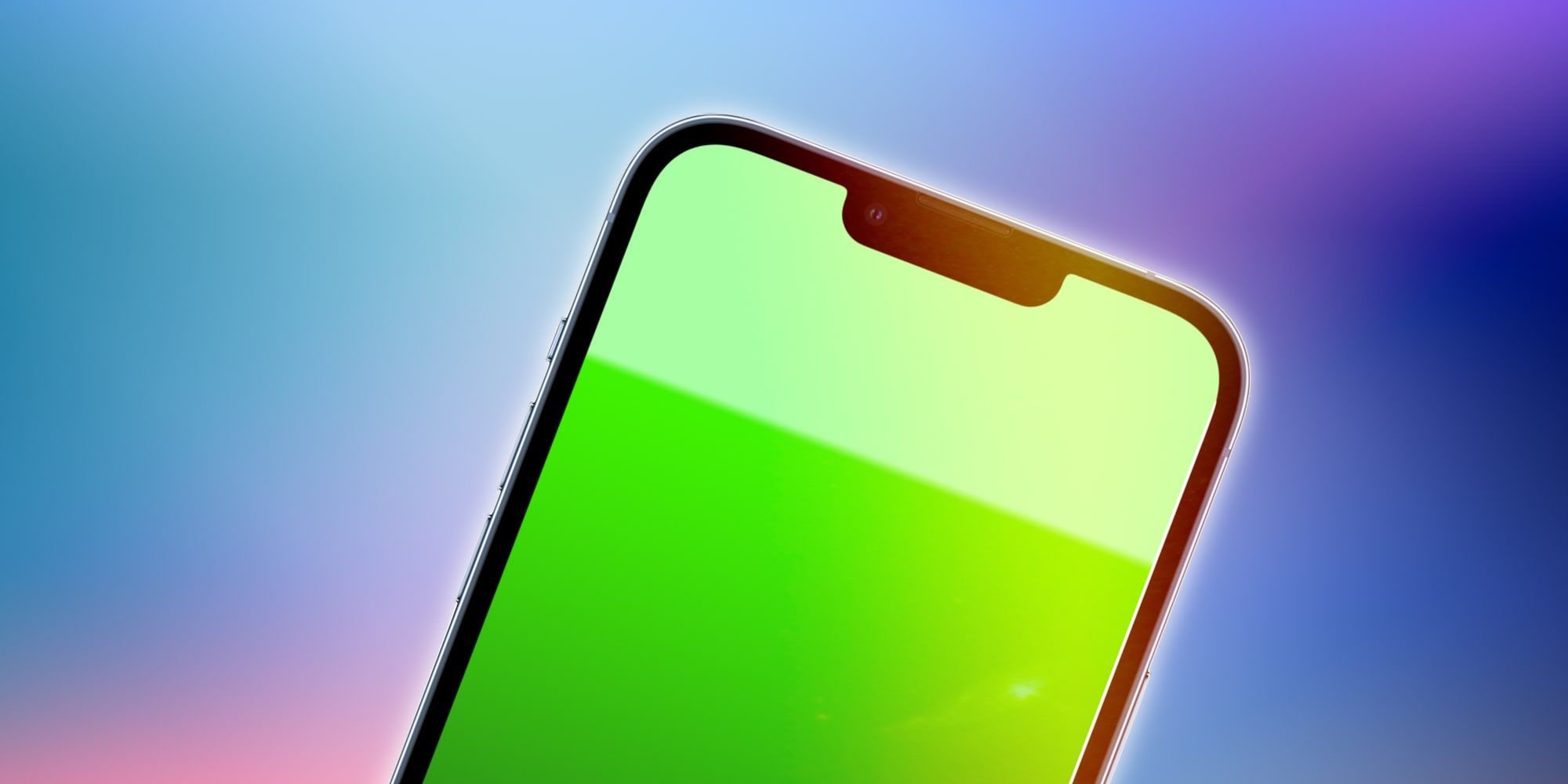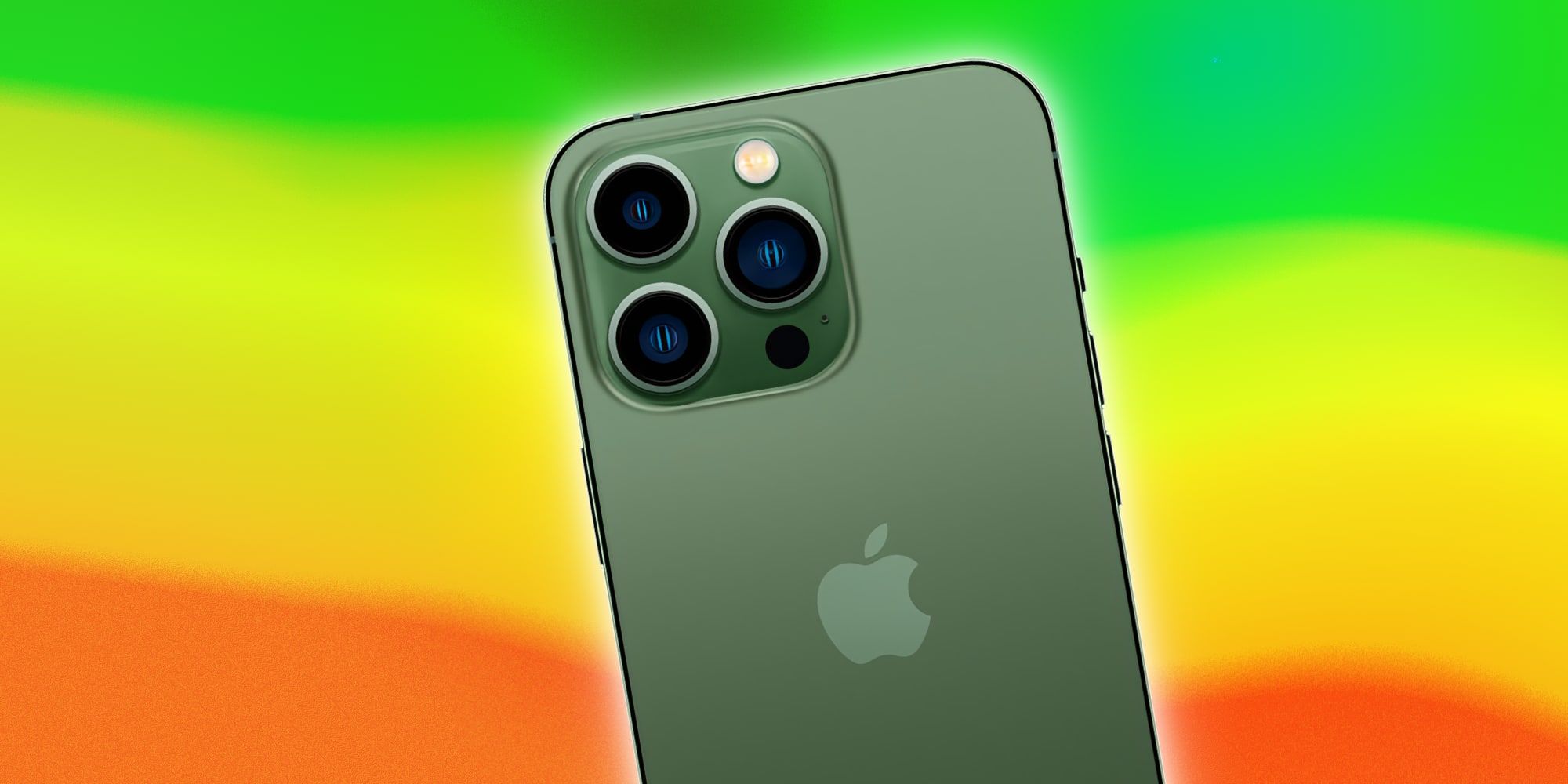After the latest iPhone update, whichever version that might be, it's almost inevitable that the device's battery will drain faster. However, this isn't a problem and something that will resolve itself over time, according to Apple. That might sound strange at first, but with context, it makes sense and has to do with the nature of the update process. iOS updates often bring important security and privacy improvements that shouldn't be missed. They sometimes introduce exciting new features as well.
Apple has made several big changes to its mobile operating system in recent years. Privacy has always been important to Apple, but with iOS 14, that emphasis became much stronger. With App Tracking Transparency, any app that wants to access user data must get permission from the user first. iOS 15 brought the ability to remotely join friends for a movie night with SharePlay, control notifications with Focus, and many more features that are rolling out over time.
Long-time iPhone users might have noticed that after an iOS update, the phone's battery will drain more rapidly than usual. This has always been the case and it isn't really a problem since the normal battery life returns within a short amount of time. This issue lights up online forums and social media after nearly every iPhone update, and will probably continue to be an ongoing issue. Apple has publicly acknowledged in a Tweet that an iPhone is busy for up to 48 hours after an iOS update, working on updating apps and features in the background. Performance could also be slower during this time since upgrades are being made, adding an extra burden on the iPhone's processor.
Why iPhone Updates Affect Battery Life
Apple's brief explanation helps determine a time period that might be needed for an iPhone to return to its normal battery life after an iOS update, but lacks detail that might help to understand why that happens. While the iPhone's operating system is a computer program, it's different from apps. For one thing, it is always running to connect the iPhone's hardware and user input to apps, making everything run smoothly.
iOS has a massive job to do and any changes ripple throughout the system, sometimes requiring each file to be updated in some way to be compatible with a new and better format. The internal databases used to organize data might need big changes to ensure improved security or privacy upgrades. In short, some updates need a large amount of background processing, and Apple spaces this out over time so that the iPhone can still be used while the new features and protections are added.
Source: Apple Support/Twitter


